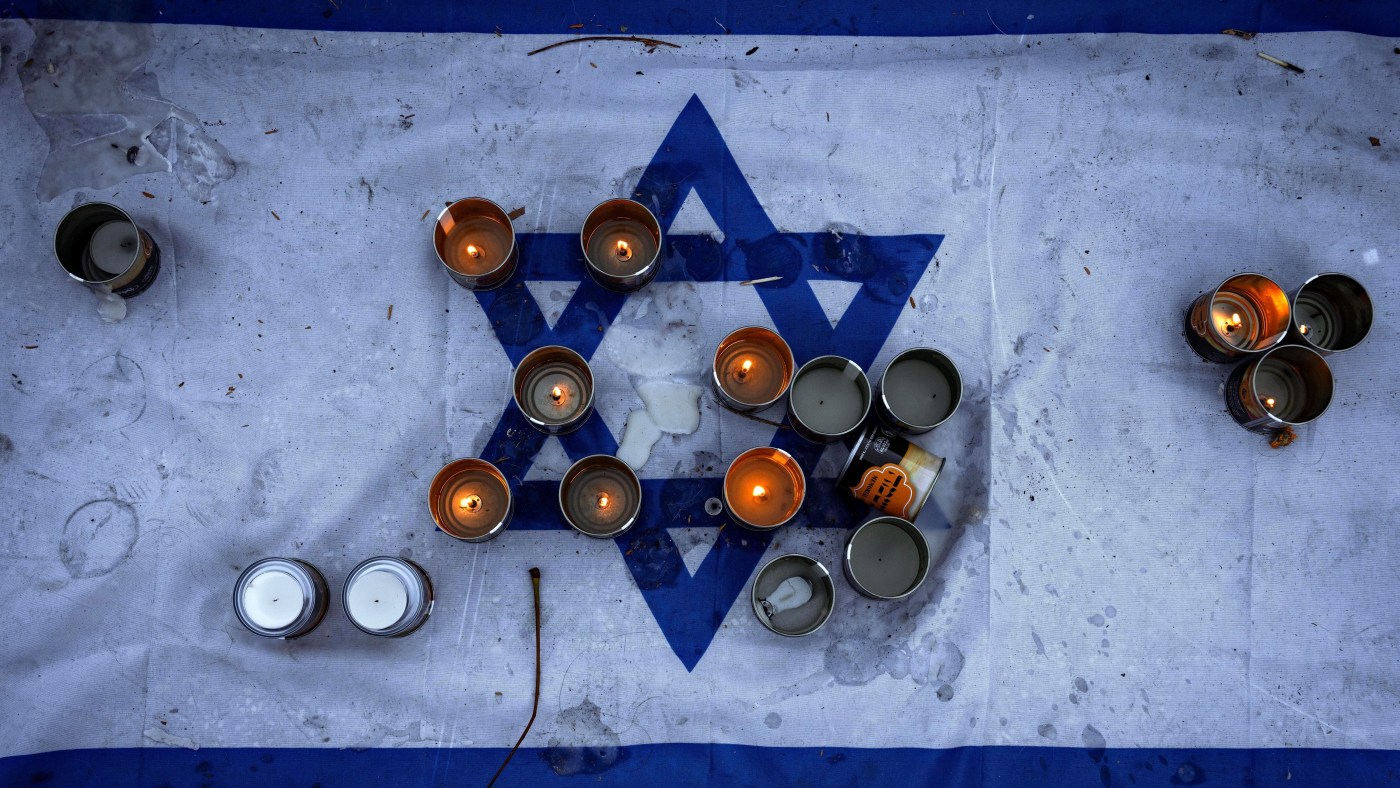
Kelly McKinney: Are we as a nation ready for the next big threat? What Oct. 7 and the pandemic have taught us
NEW YORK — I was stunned by the early morning headline that appeared in my email. According to The New York Times, Israeli officials had known about Hamas’ plan for more than a year before it launched its Oct. 7 attacks.
This could not be true. The Israel that I have come to know over the past 22 years is a beacon of vigilance, with a hard-bitten approach to threat protection that it has learned through decades of painful experience. And it has generously shared its expertise with our professionals in New York and around the world.
Yet in this case instead of acting, Israeli military and intelligence dismissed this startling revelation as “aspirational.” In New York City, we call this “talking away the job,” and it is a sure sign that a healthy complacency has taken hold.
Complacency comes in a variety of forms — misplaced hope, denial, faith, fatalism — but the results are always the same. It leaves you flat-footed in the face of fast-moving threats. It breeds failure in the form of misery and destruction. It prevents you from doing the things that you need to do to avoid a worst-case outcome.
I have no doubt that the last remnants of Israeli complacency were swept away by the horrors perpetrated by Hamas terrorists on that terrible day. Here in New York, a never-ending stream of crises — from a terror attack and a pandemic to blizzards, power blackouts and hurricanes — has removed any complacency that we may have had about these external threats. The same cannot be said about the U.S. overall.
Consider that despite two decades of planning for a pandemic, with just 4% of the world’s population, the U.S. accounted for more than 20% of the world’s coronavirus cases and deaths. Even worse than that is that we don’t even know why.
Other developed nations have accounted for their performance. This month, British Prime Minister Rishi Sunak spent nearly five hours testifying before the United Kingdom COVID-19 inquiry about his role in the government’s response to the pandemic. Similar investigations have been completed in Canada, Australia and Japan. Yet the U.S. has not ventured to take that deep dive. Therefore, nobody can say with certainty what went wrong and when, or who’s to blame and why.
Now consider another news story. This one is about a mysterious wave of childhood pneumonia that was sweeping through China a few weeks ago. Images on media and social media were eerily similar to those we saw in the early days of the COVID-19 pandemic, with patients packed into hospitals and weary doctors and nurses working in hazmat suits and masks.
The director of the Centers for Disease Control and Prevention testified before Congress that there was nothing to worry about, that there is no danger of another pandemic. Assuming that Dr. Mandy Cohen is not herself talking away the job, this is very good news. Because what would we do if there was another pandemic on the way? Does anybody know the plan?
The bad news is that pandemics are just one of the many risks that inhabit the threat-rich landscape that we all face. And as a forewarned and slow-moving type of catastrophe, it is actually among the easiest to deal with.
The antidote to complacency is vigilance — being alert and observant to danger. Vigilance also means knowing that when the next catastrophe happens, we will know who will bring the nation together and from which direction the cavalry will come.
Because that next catastrophe will start suddenly and with great intensity, with its biggest problems and greatest needs coming in its earliest hours. These early hours — the so-called golden hours — will be a time of maximum chaos. The actions we take then will determine our fate.
The question is whether we will do this the easy way, by figuring it out beforehand, or the hard way, in the chaotic aftermath of the next black swan.
Kelly McKinney wrote this column for the Chicago Tribune.
Related Articles
F.D. Flam: FDA needs to get to the root of hair-straightener carcinogens
Marc Champion: The UK and Armenia know the dangers of Israel’s Gaza war
Ross Douthat: The anti-democratic quest to save democracy from Trump
Trudy Rubin: Ways to help victims of war this holiday season
Maggie Mulqueen: Here’s how we can show up for others during a hard time

